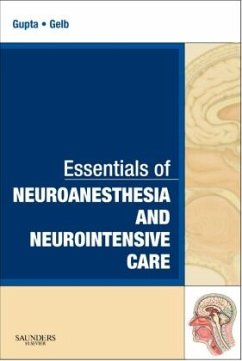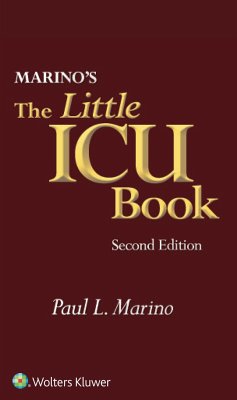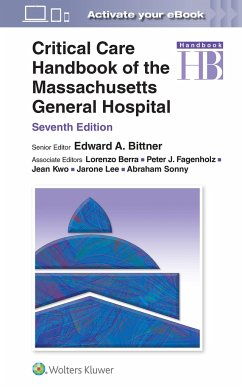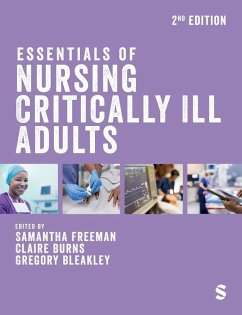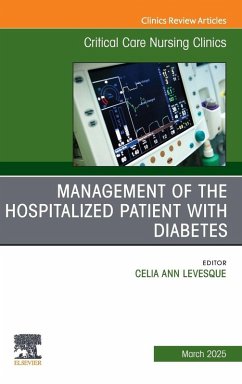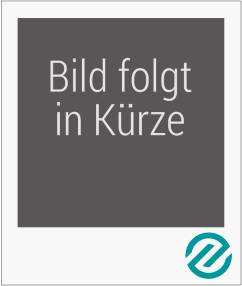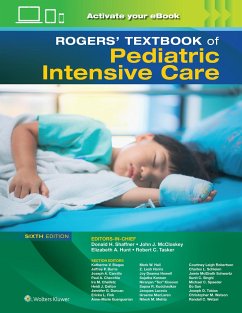
Passing the Final FFICM
High-Yield Facts for the MCQ & OSCE Exams
Versandkostenfrei!
Versandfertig in 6-10 Tagen
57,99 €
inkl. MwSt.
Weitere Ausgaben:

PAYBACK Punkte
29 °P sammeln!
This innovative resource serves as a fusion of an MCQ guide and a textbook, providing essential content for postgraduate trainees gearing up for the FFICM Final exam, a vital part of the CCT in Intensive Care Medicine.Crafted to meet the unique requirements of the MCQ while also addressing the necessity for concise, well-structured responses in the OSCE, this book prioritises quick topic transitions, delivering focused, streamlined learning across a range of ICM topics. Its uniqueness lies in its unorthodox structure; rather than having a conventional table of contents, it gives you the freedo...
This innovative resource serves as a fusion of an MCQ guide and a textbook, providing essential content for postgraduate trainees gearing up for the FFICM Final exam, a vital part of the CCT in Intensive Care Medicine.
Crafted to meet the unique requirements of the MCQ while also addressing the necessity for concise, well-structured responses in the OSCE, this book prioritises quick topic transitions, delivering focused, streamlined learning across a range of ICM topics. Its uniqueness lies in its unorthodox structure; rather than having a conventional table of contents, it gives you the freedom to start your learning adventure from any page.
Each of the 1,400 facts is structured as a question, reflecting the format of both exams. Answers are conveniently positioned just below, eliminating the need for constant page-flipping. The material is carefully curated to cover the breadth of the ICM curriculum, weaving in valuable insights from the author's and colleagues' exam experiences. Random questions replicate the unpredictability of both exams and enhance the reader's capacity to swiftly switch between topics during self-assessment. This balances knowledge application and active recall while using memory-enhancing methods like self-quizzing, chunking, and spaced repetition.
Crafted to meet the unique requirements of the MCQ while also addressing the necessity for concise, well-structured responses in the OSCE, this book prioritises quick topic transitions, delivering focused, streamlined learning across a range of ICM topics. Its uniqueness lies in its unorthodox structure; rather than having a conventional table of contents, it gives you the freedom to start your learning adventure from any page.
Each of the 1,400 facts is structured as a question, reflecting the format of both exams. Answers are conveniently positioned just below, eliminating the need for constant page-flipping. The material is carefully curated to cover the breadth of the ICM curriculum, weaving in valuable insights from the author's and colleagues' exam experiences. Random questions replicate the unpredictability of both exams and enhance the reader's capacity to swiftly switch between topics during self-assessment. This balances knowledge application and active recall while using memory-enhancing methods like self-quizzing, chunking, and spaced repetition.






